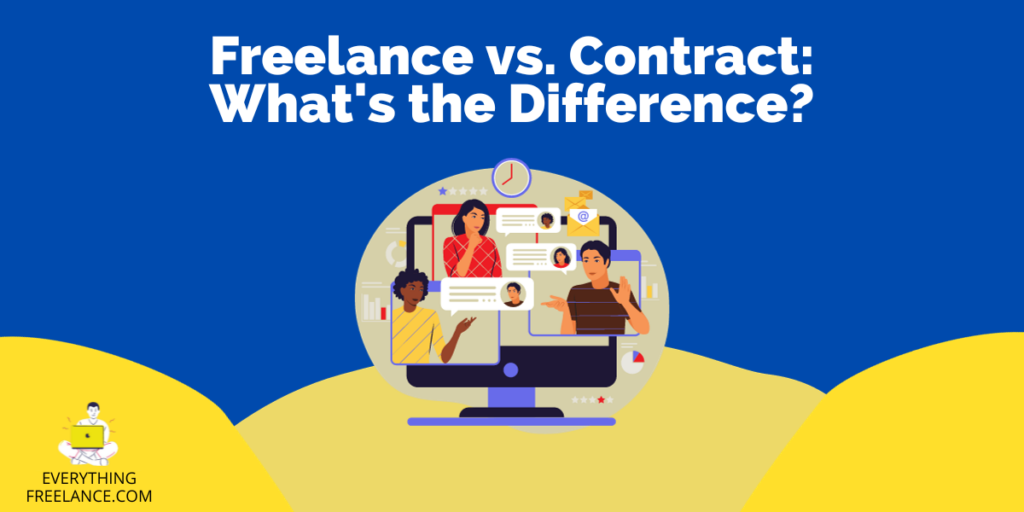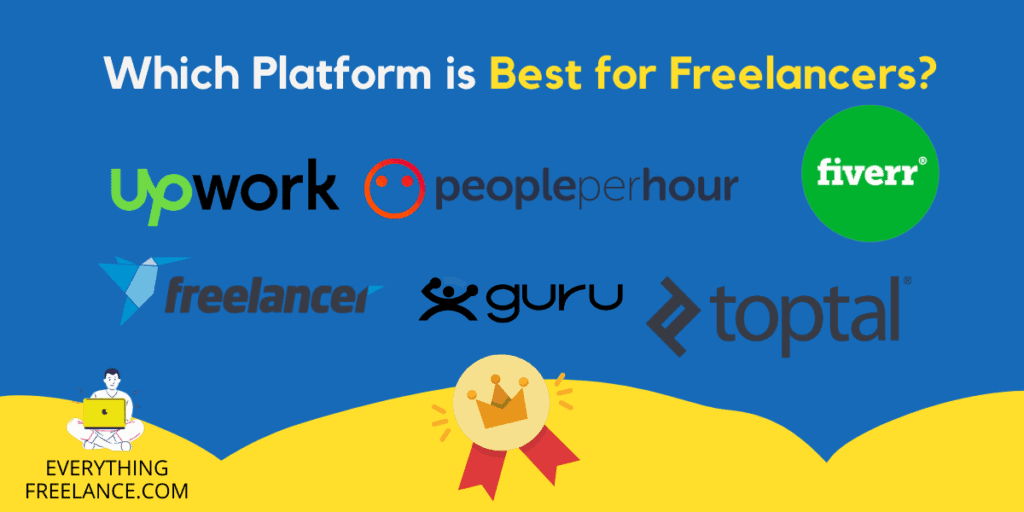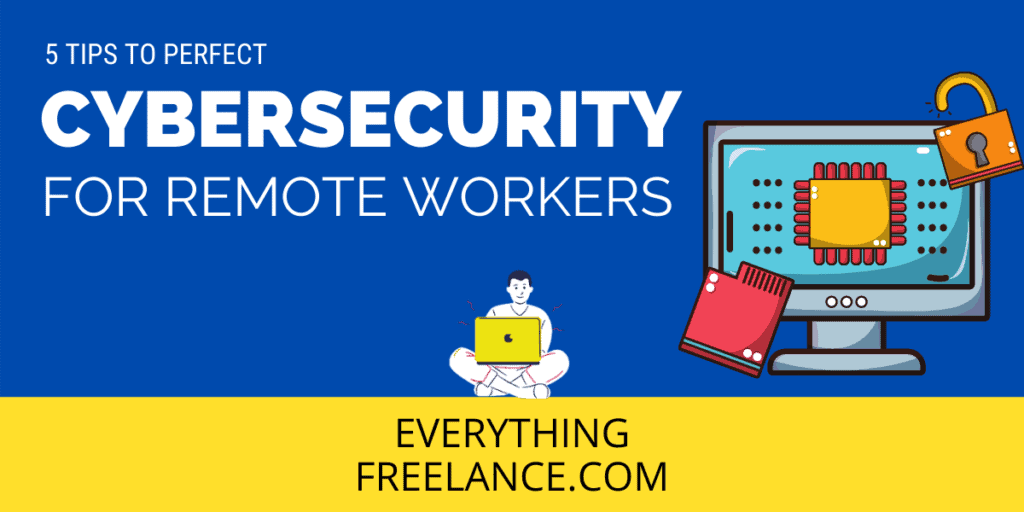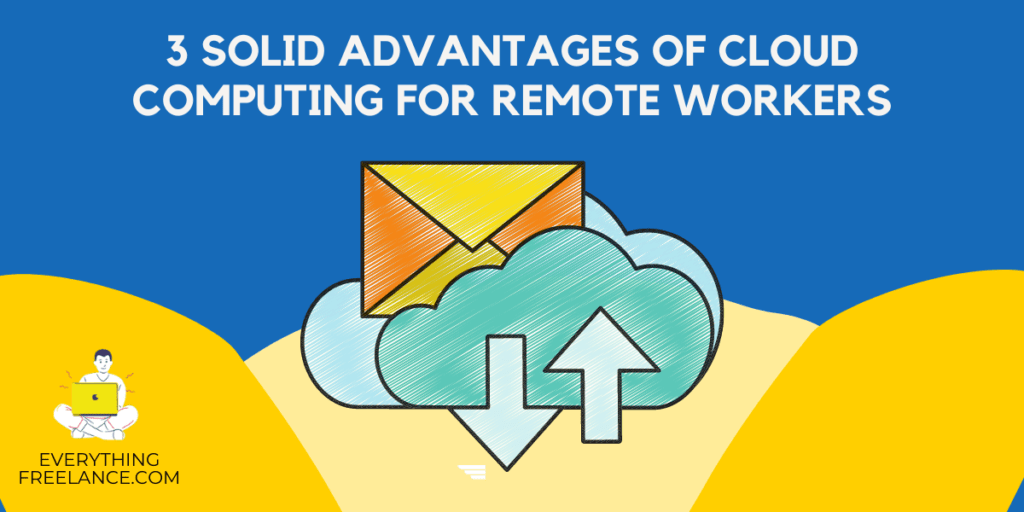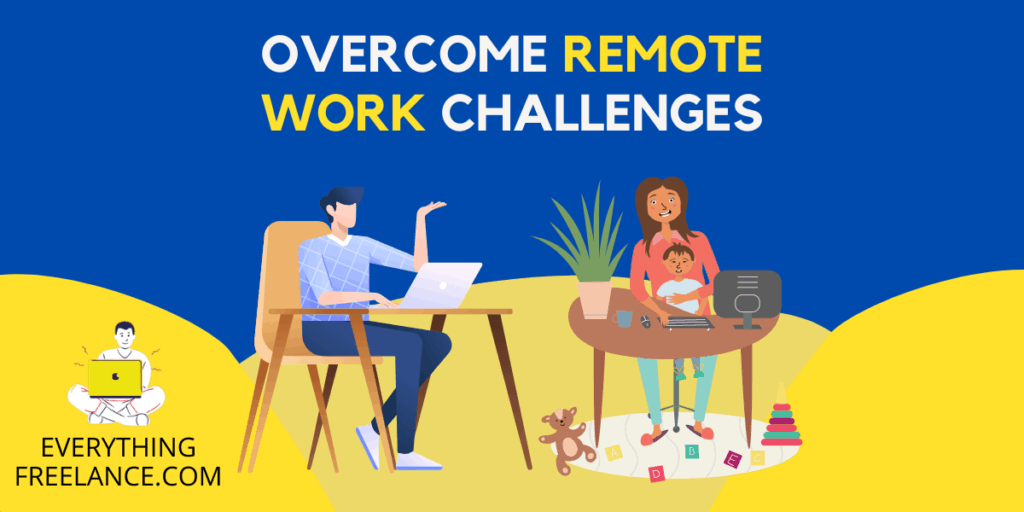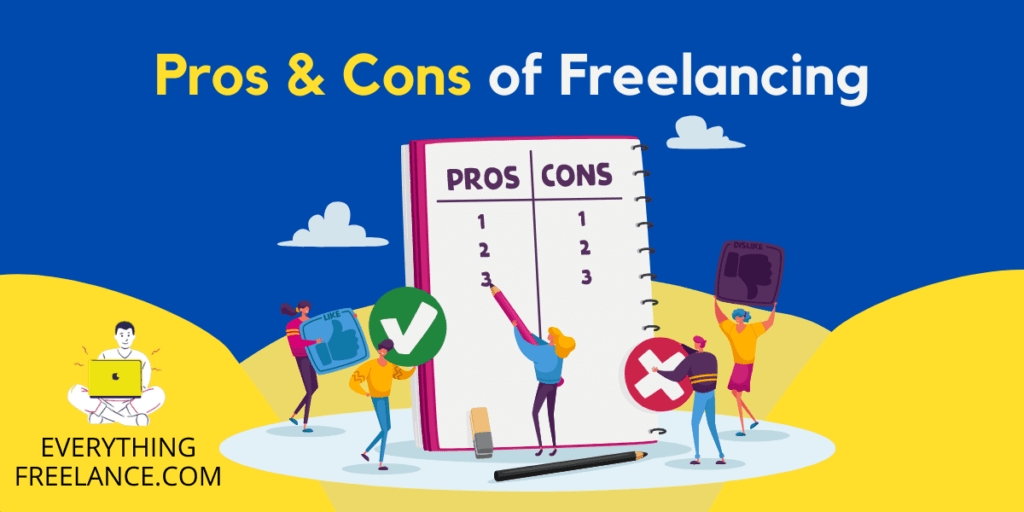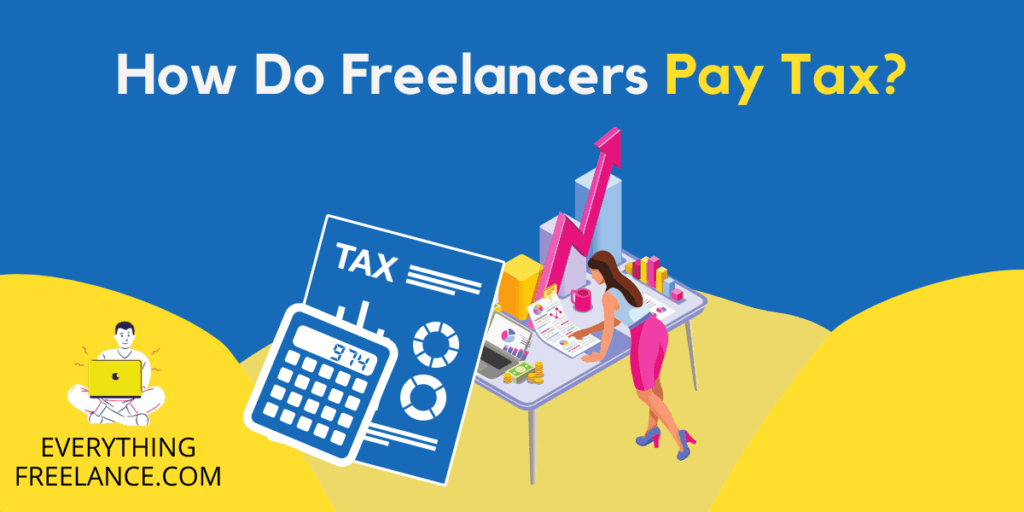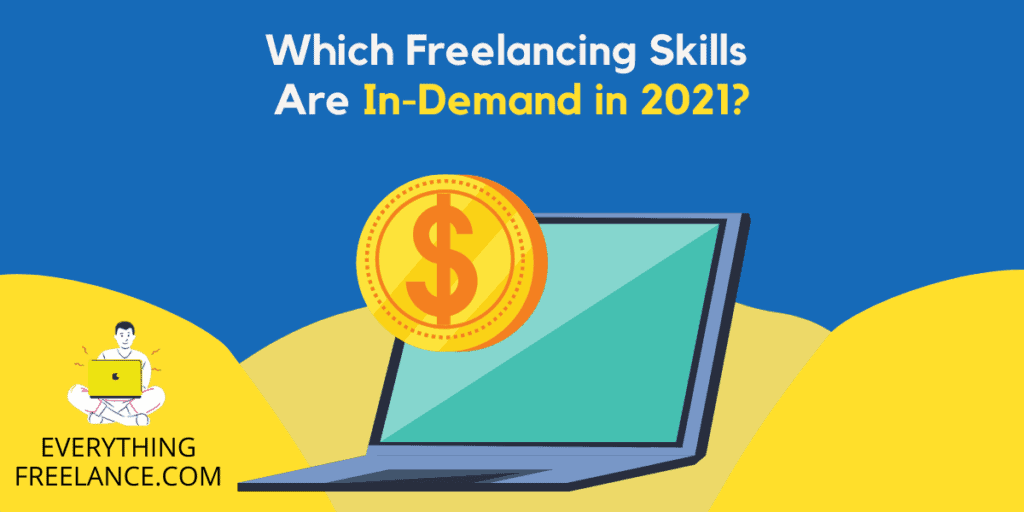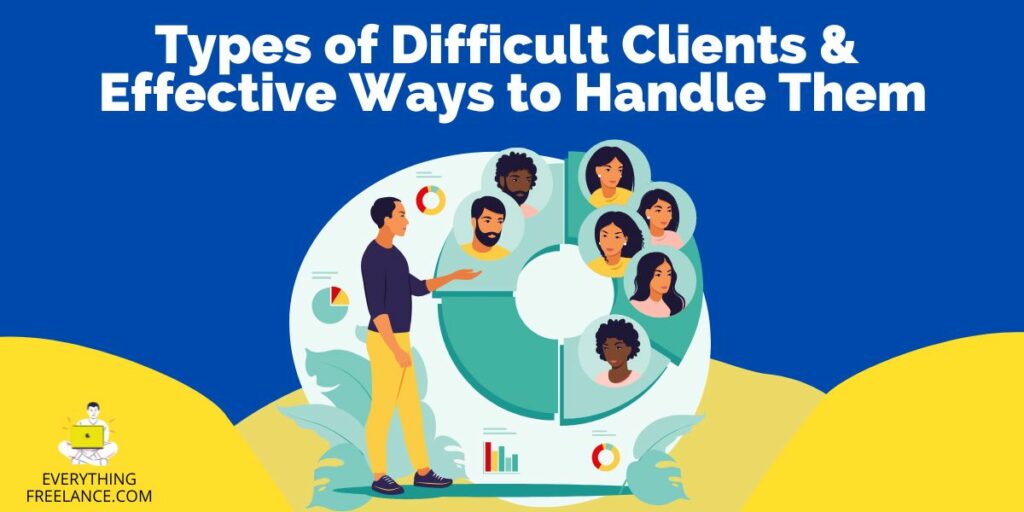The corporate world has changed in the past two years than in the past twenty years. It took a pandemic to make people realize that you don’t need to travel for hours to sit in front of a computer. It’s not possible to attract people to work at a full-time job in a corporate office because people have realized that the idea of a safe and secure job is a dream which can collapse at any time.
If you have expertise in a specific skill, you can work remotely for the best companies in the world. The best part is that you can work on a contract basis. No need to work at a specific location because we live in a global village called the internet.

Becoming a freelancer can be a hard decision to make because of the preconceptions society has instilled in us. With the rapid advancement in technology and IOT, you might want to consider freelancing first. People are choosing to start freelancing. According to a survey, 74% of people were interested in pursuing their career as a freelancer.
Freelancing Trends: Navigating the Evolving Landscape
The freelancing industry is witnessing dynamic shifts as it adapts to the changing demands of the modern workforce and business landscape.
Hybrid Work Models: The pandemic has accelerated the adoption of remote work, leading to a surge in freelancers offering specialized remote services.
Skill Diversification: Freelancers are expanding their skill sets to meet the diverse needs of clients, with an emphasis on digital marketing, web development, and content creation.
Gig Platforms: Niche and industry-specific freelance platforms are gaining popularity, allowing freelancers to find more targeted opportunities.
Flexible Contracts: Short-term contracts, micro-projects, and on-demand work are becoming prevalent, providing freelancers with flexibility and employers with cost-effective solutions.
The freelancing landscape has evolved from a gig economy dominated by a few platforms to a vast ecosystem where freelancers, clients, and businesses connect through various channels. Freelancers now have access to a global client base, more specialized work, and tools that facilitate collaboration and project management.
As the gig economy continues to expand, staying updated on these trends is essential for both freelancers and employers to thrive in this ever-evolving landscape.
In this article, we will guide you to the reasons why freelancing is the future of our digital world.
1. Rise of Technology:
The development of technology is the major factor to look at freelancing as a future. Freelancing provides endless opportunities for many workers and skills. It may start with technical requirements but then follows with creativity. Businesses need many tech things to fulfill their needs which is impossible with a few employees.
Companies opt for finding a temporary workforce to solve specific problems. Technology is constantly evolving freelancers with it.
2. Freedom and Independence:
Freedom is something that many workers wished. However, they couldn’t achieve their dream due to their work conditions. But freelancing changes this scene by providing the flexibility and opportunities they need. That flow of work allows a freelancer to establish their routine and working style.
As a freelancer, you can decide how much time and effort you can dedicate to your work. The new generation raised with technology and mobility patterns loves this work style. They can deliver their work by sharing documents online. For seniors who opt for freelancing, they have to stay relevant with new digital upgrades.
3. Cost Reduction:
This approach applies to both employees and freelancers. Employees find that they only need to pay for specific projects. Which means they don’t have other financial obligations. It releases them from financial pressure and allows them to invest in other areas.
Freelancers can reduce their costs by not spending money on expensive clothes, meals, and other things. Many freelancers need a computer and a good internet connection to start their business. The cost to operate as a freelancer is very low. It requires signing in to freelance websites and platforms.
4. Creativity Boost:

Freelancing offers opportunities to develop creativity. Exposure to the international market allows accessing different cultures and approaches. Freelancers can expand their activity and work to adapt it for a different market. It is possible to develop one strategy and apply it differently for other countries. Creativity goes beyond as freelancers can organize their work in any possible way. They can freely offer their proposals with minimum risks.
5. Quality Output:
After working on a few projects, clients will quickly see value in bringing you on board. Established companies often need specialists in the digital world because of its nuances. It helps to think differently about the way they’re approaching design to change their system structurally.
Companies pay more to freelancers because they don’t have a factor in benefits and only need freelancers with expertise for 8-12 months. As a freelancer, you need to have a high output to make sure you have repeat work. It builds a strong portfolio and gives an advantage in the market.
Remote Work and Freelancing
The rise of remote work has significantly influenced the freelance market, reshaping the dynamics of how work is done and sourced.
Impact on Freelance Market:
Remote work has expanded the pool of potential clients for freelancers. Geographical constraints are no longer barriers, allowing freelancers to collaborate with clients worldwide. As more businesses embrace remote work, the demand for remote freelancers offering specialized skills has surged.
Challenges:
Isolation: Remote freelancers may experience feelings of isolation due to limited social interactions.
Communication: Effective communication with clients and team members can be challenging, necessitating strong digital communication skills.
Time Management: Self-discipline is crucial to maintain productivity and work-life balance.
Advantages:
Flexibility: Remote freelancers enjoy the freedom to set their schedules and work from anywhere.
Diverse Opportunities: Access to global clients means diverse project opportunities.
Cost Savings: Remote work eliminates commuting costs and allows for a more flexible lifestyle.
Wrapping Up:
The future of work will include freelancing activities. Freelancing began as something simple and informal. It is exponentially growing to include people from the world. Freelancing with time will become the backbone of the work industry. It’s a trend and will continue growing for years to come.











